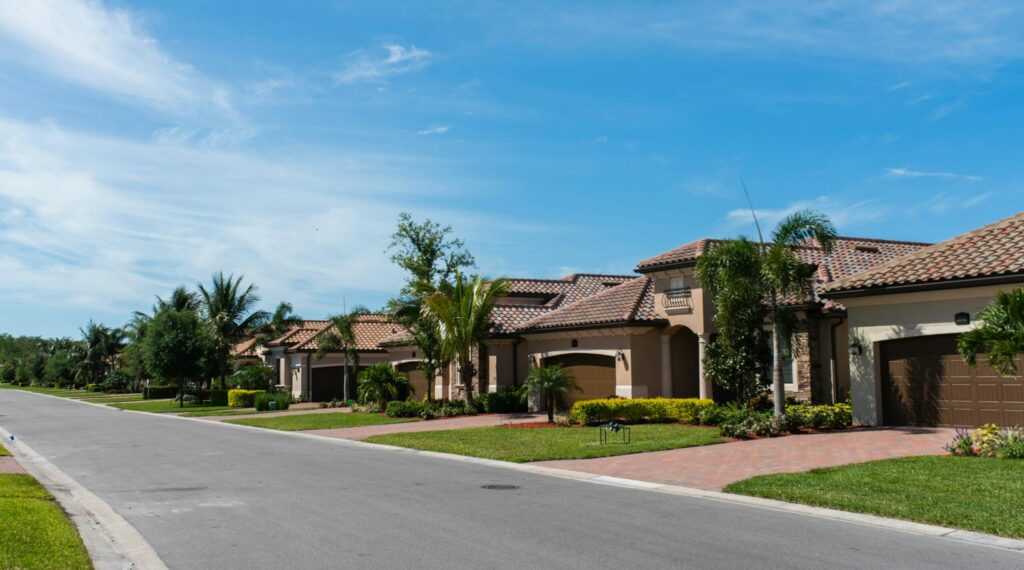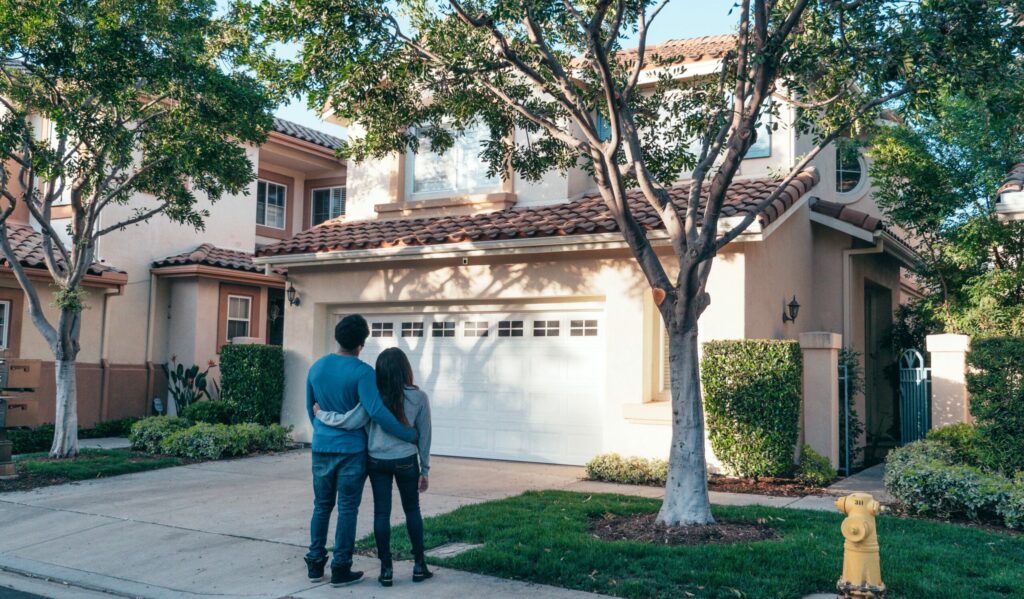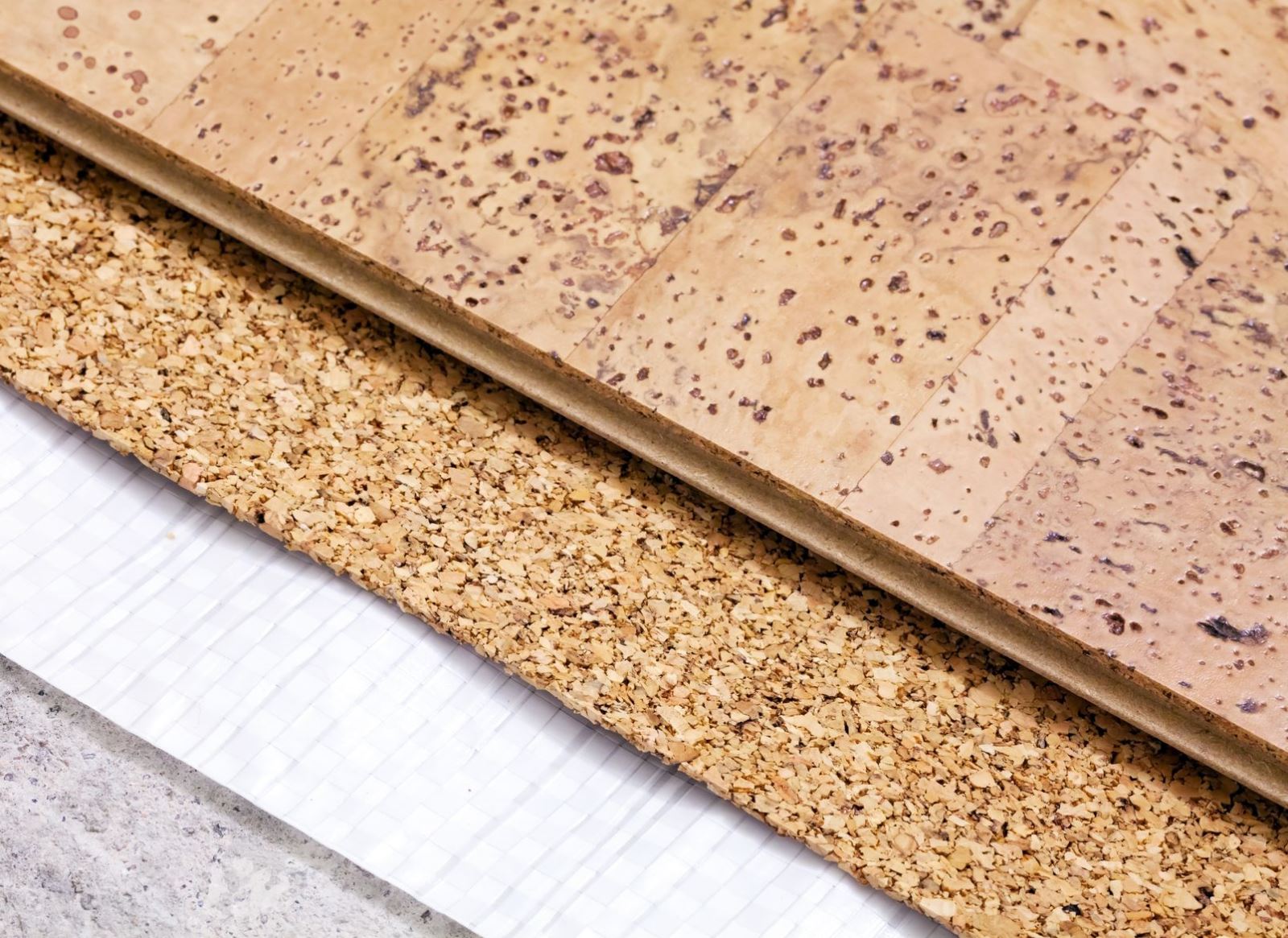
If you’ve recently started your home-buying journey and came across the term Homeowners Association (HOA) but are unfamiliar with its role and impact on your decision-making process, this guide is for you.
Let’s delve into the essential things you need to know when purchasing a home in an HOA-governed community.
What is an HOA?
HOA stands for Homeowners Association. It is a governing body most commonly found in condominiums, co-op communities, and some single-family home neighbours.
Additionally, homeowners within the community typically become members upon purchasing property and must pay fees to support the association’s activities.
What do HOA fees cover?
Typically, HOA fees cover the maintenance and management of common areas and amenities within a community. These fees can vary widely depending on the specific HOA and its services, but they usually include:
- Landscaping and Grounds Maintenance: This can include the upkeep of lawns, trees, shrubs, and shared green spaces.
- Exterior Maintenance: Maintenance and repairs for exterior features like roofs, siding, and fences.
- Utilities: Fees for communal utilities such as water, sewer, and sometimes trash removal or recycling.
- Amenities: Maintenance and operation costs include swimming pools, tennis courts, fitness centres, clubhouse facilities, playgrounds, and walking trails.
- Insurance coverage for public areas.
- Security: If applicable, fees for security services like cameras, gates, and guards.
- Reserve Fund Contributions: Funds set aside for future repairs, replacements, or upgrades to communal areas or infrastructure.
How much are HOA fees?

HOA fees vary widely depending on location, amenities, and services. On average, HOA fees can range from $100 to $700 per month. According to the US Census, the average HOA fee in 2021 was $191 a month.
Moreover, some luxury communities with extensive amenities may have higher fees, while associations with fewer amenities may have lower fees.
Benefits of HOAs
- Access to Community Amenities: Amenities that may be too expensive to own and maintain alone, like a swimming pool, tennis court, or gym.
- Less maintenance work: Generally, tasks like raking leaves and clearing snow are often included.
- Property Value: HOAs enforce rules and regulations to maintain uniformity and attractiveness, which can help preserve property values within the community.
- Community Engagement: They foster community through organised events, newsletters, and social activities, promoting neighbourly interactions.
- Better Security
Drawbacks of HOAs
- Fees: Homeowners must pay monthly fees, which can be a significant financial burden on top of mortgage payments and property taxes.
- Restrictions: HOAs impose rules regarding property appearance, landscaping, parking, and even paint colours, limiting homeowners the freedom to personalise their properties.
- Limited Control: Homeowners may feel constrained by the decisions made by the HOA board, especially if they disagree with the direction or priorities of the association.

Overall, whether an HOA is beneficial or not depends on individual preferences, lifestyles, and priorities. HOAs offer a sense of community and amenities that some homeowners find appealing, while others may find the fees and restrictions burdensome.
Therefore, by decoding the complexities of these fees, you empower yourself to make informed decisions. Whether you’re a first-time homebuyer or a seasoned homeowner, we hope this guide equips you with the needed knowledge.
Lastly, if you have any questions about real estate, you may visit Real Estate Explained for buyers and sellers alike. We have valuable guides to help you navigate the real estate process. Or if you’d like to talk more about HOA, please don’t hesitate to call us.
We are happy to help you in any way we can throughout your home-buying journey!


 rm to the touch, hypoallergenic…but, alas! None of that seems to matter. Unpopular, apparently.
rm to the touch, hypoallergenic…but, alas! None of that seems to matter. Unpopular, apparently.
 Pet washing station. Sorry Fido; looks like it’s off to the groomer for you.
Pet washing station. Sorry Fido; looks like it’s off to the groomer for you.